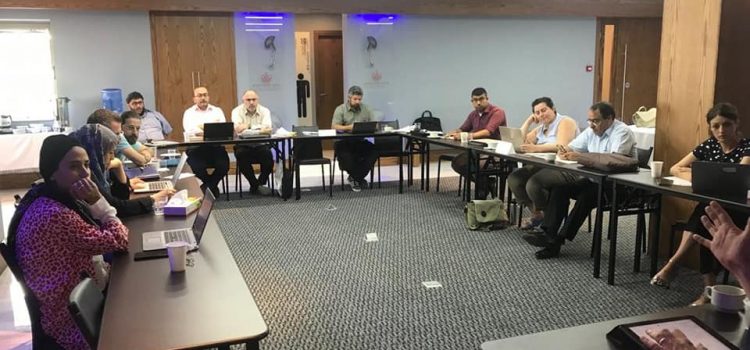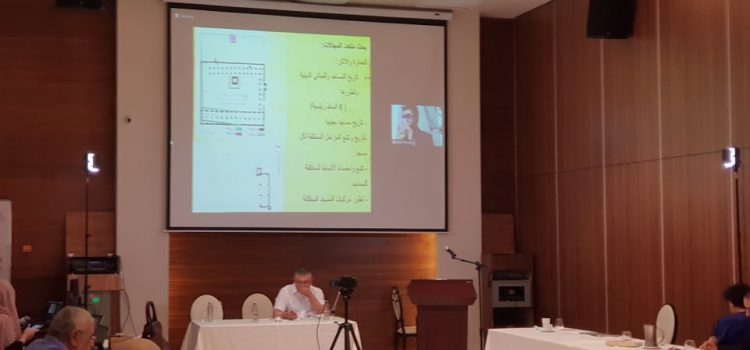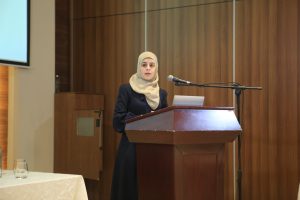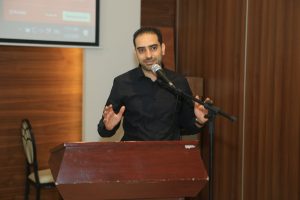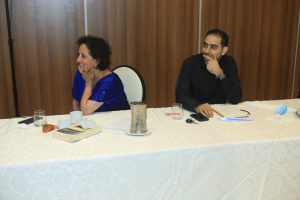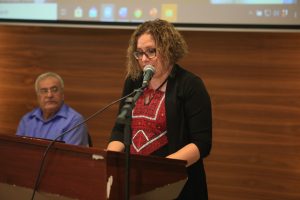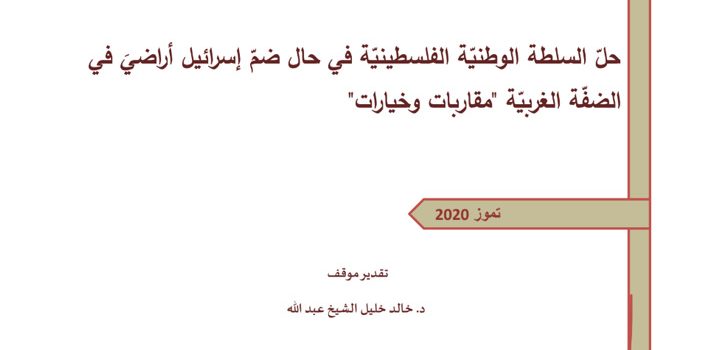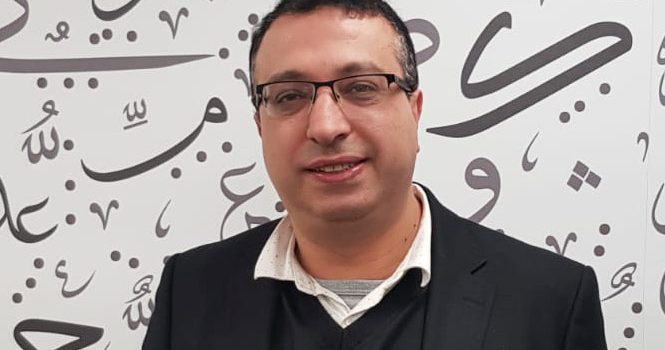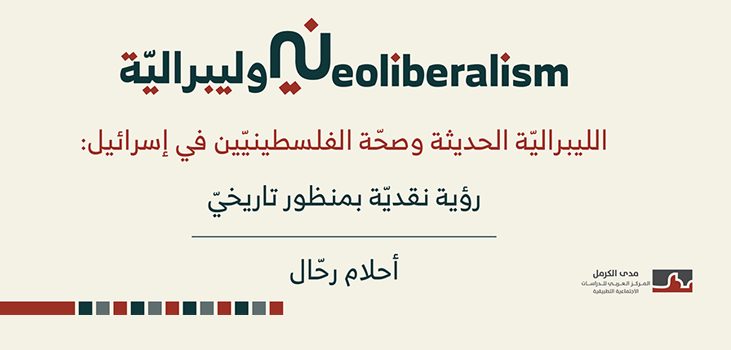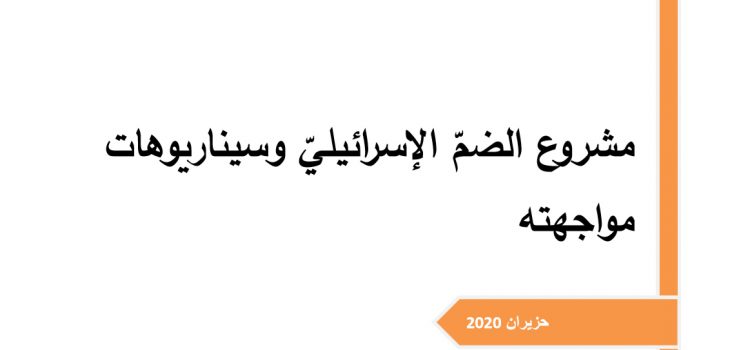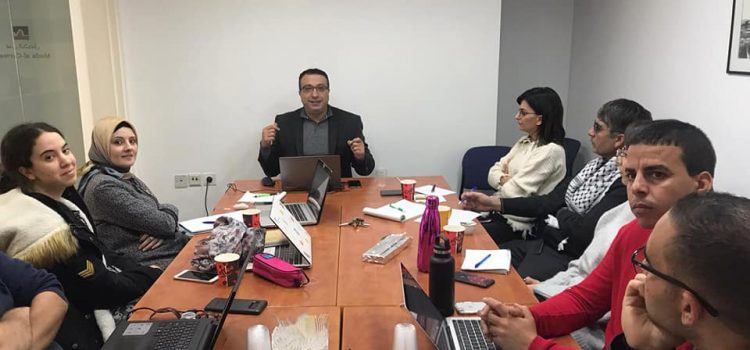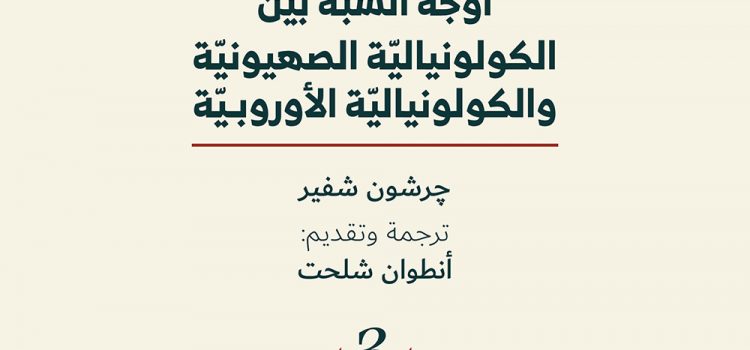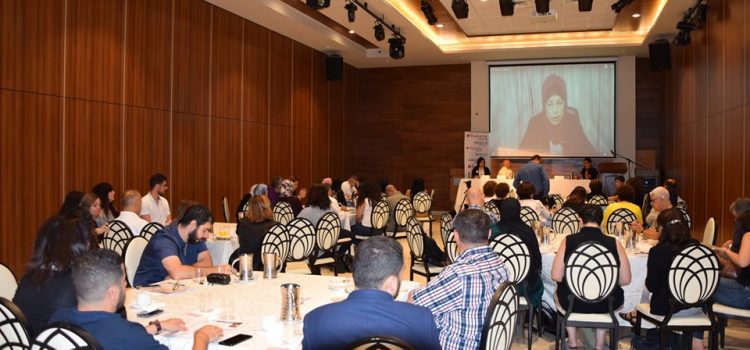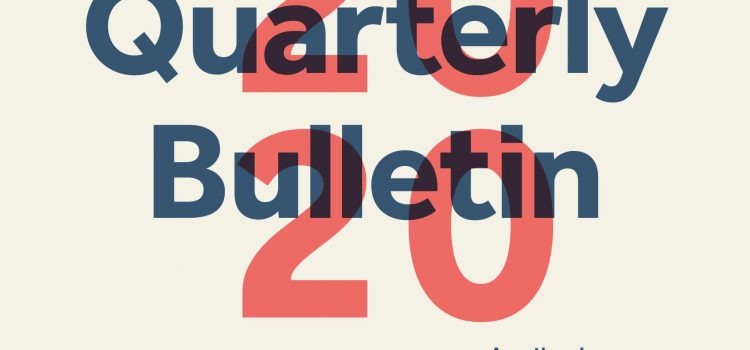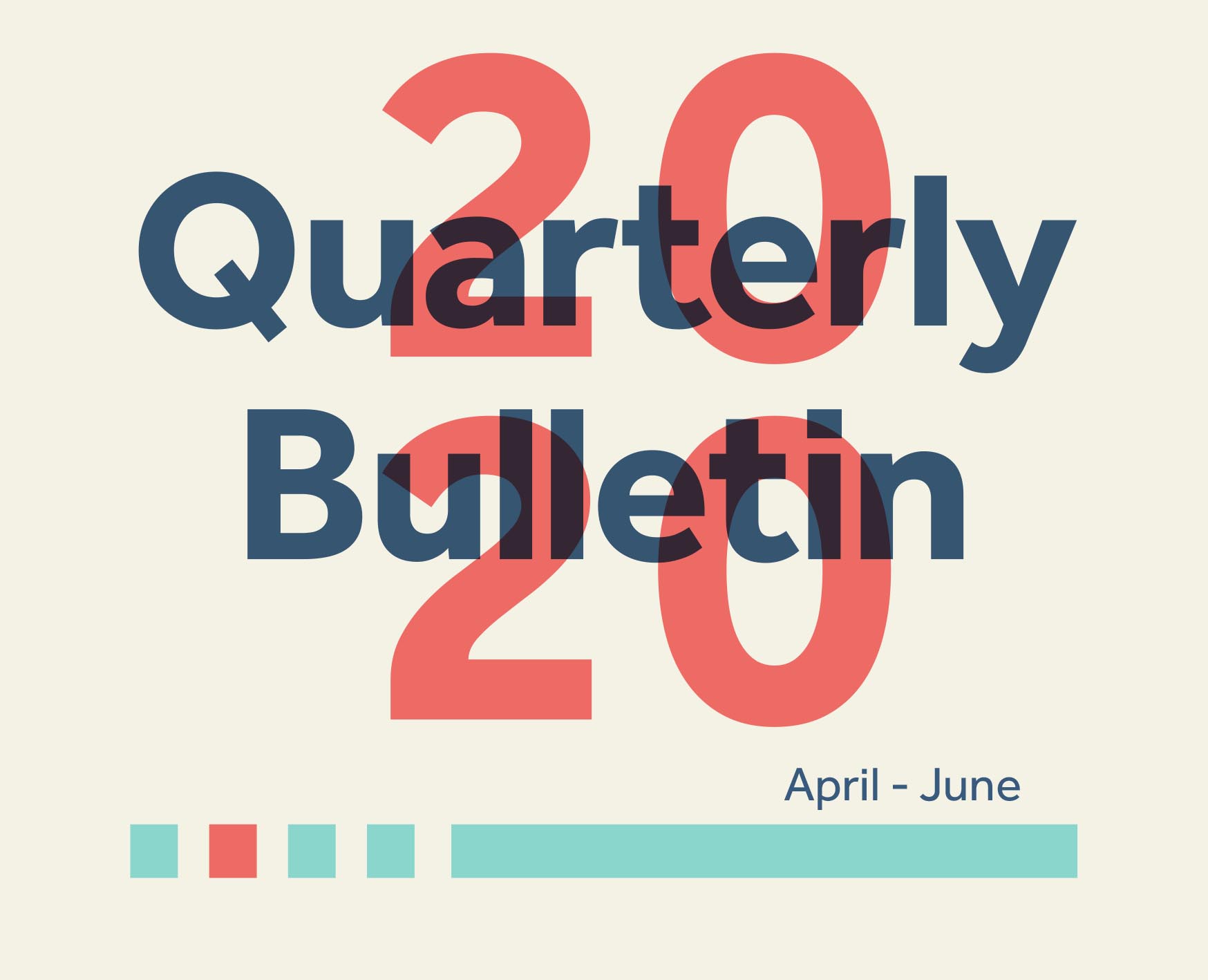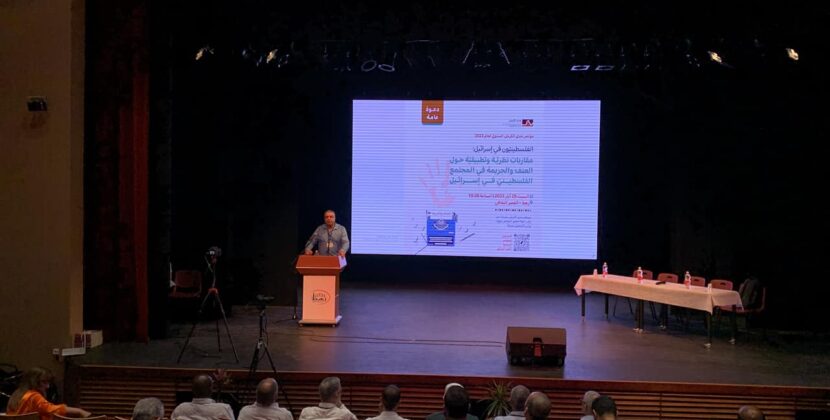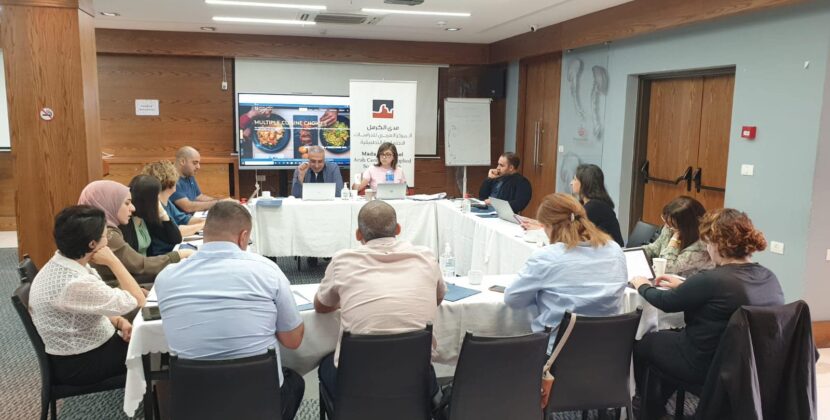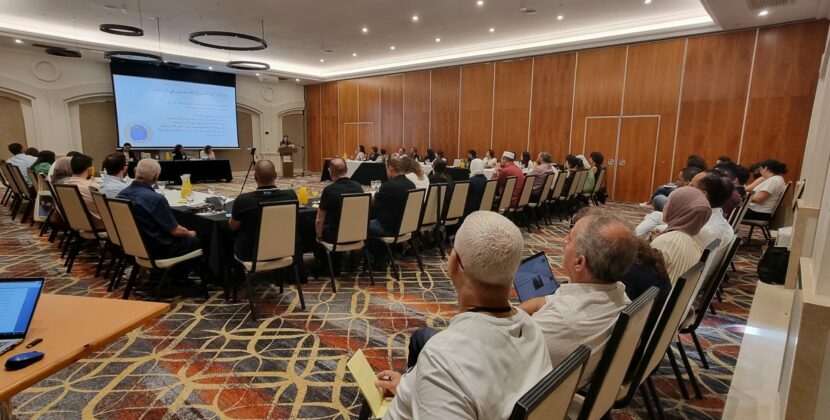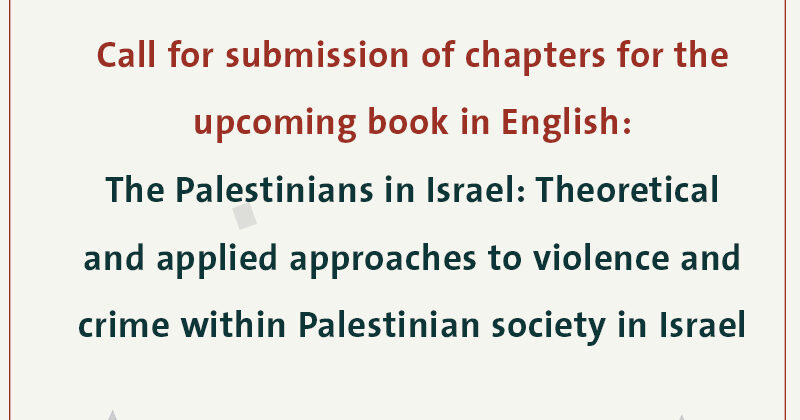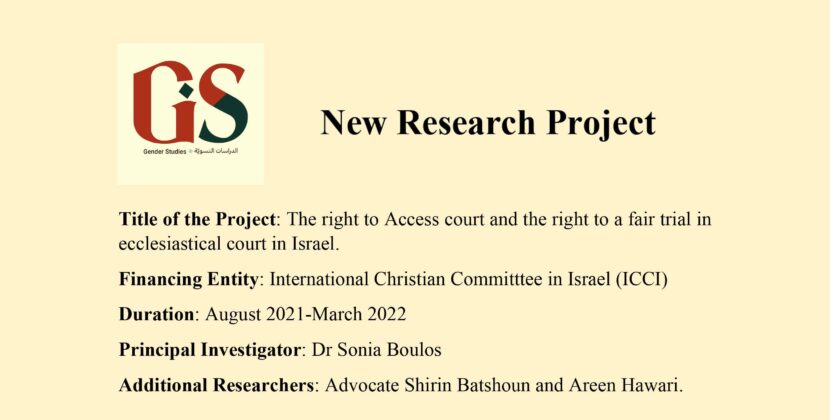Mada has concluded its most recent series of workshops on Zionism and settler colonialism, six sessions of which were convened over the past year and a half. These workshops are run for training and research purposes, primarily for the benefit of Palestinian postgraduate students participating in Mada’s PhD student support program. The main aim of these workshops is to study Zionism as a settler colonial project, and to help the participants to develop and express their own academic ideas and critical writing on the topic. The workshop serves an important function by acting as a space where Palestinian researchers from both sides of the green line can meet, debate, read texts, listen to lectures and produce papers together.
The workshop series is headed up by Professor Nadim Rouhana, a research associate at Mada, and coordinated by Dr. Areen Hawari, who is also the coordinator of the PhD student support program. The first three workshops of this series were conducted face-to-face, but after the introduction of Coronavirus restrictions the remaining sessions were held over Zoom. Mada strove hard to maintain continuity and minimise the disruptions brought by the pandemic.
Prof. Rouhana said of the workshops, “It’s important to remember that this is the third workshop series that we have put on, meaning that we have provided support to a huge number of Palestinian PhD students over the years. We have created a space for critical thinking and writing about Zionism and settler colonialism, and we work to link our intellectual output to wider anticolonial and antiracist scholarship around the world. This kind of discussion on Zionism was considered to be relatively new when we launched the first iteration of the workshop in 2014; today, it seems to be more dominant in academic and intellectual discourse, and even feature in progressive political discussions. We are very happy to have made a contribution, however small, to this development.”
The workshops included lectures on Zionism and colonialism, Israeli society, and modern Palestinian history. These were given by internationally renowned Palestinian academics and researchers from both sides of the green line, including Dr. Areej Sabbagh Khoury, Dr Hunayda Ghanem, Prof. Amnon Raz Krakotzkin, Prof. Nadim Rouhana, the lawyer Suhad Bishara, Dr. Ahmed Amara, Dr. Awad Mansour, Dr. Saleh Abdel-Gawad, Dr. Nadera Shalhoub-Kevorkian, Dr. Hammamet Zoabi, and Dr. Mohanad Mustafa.
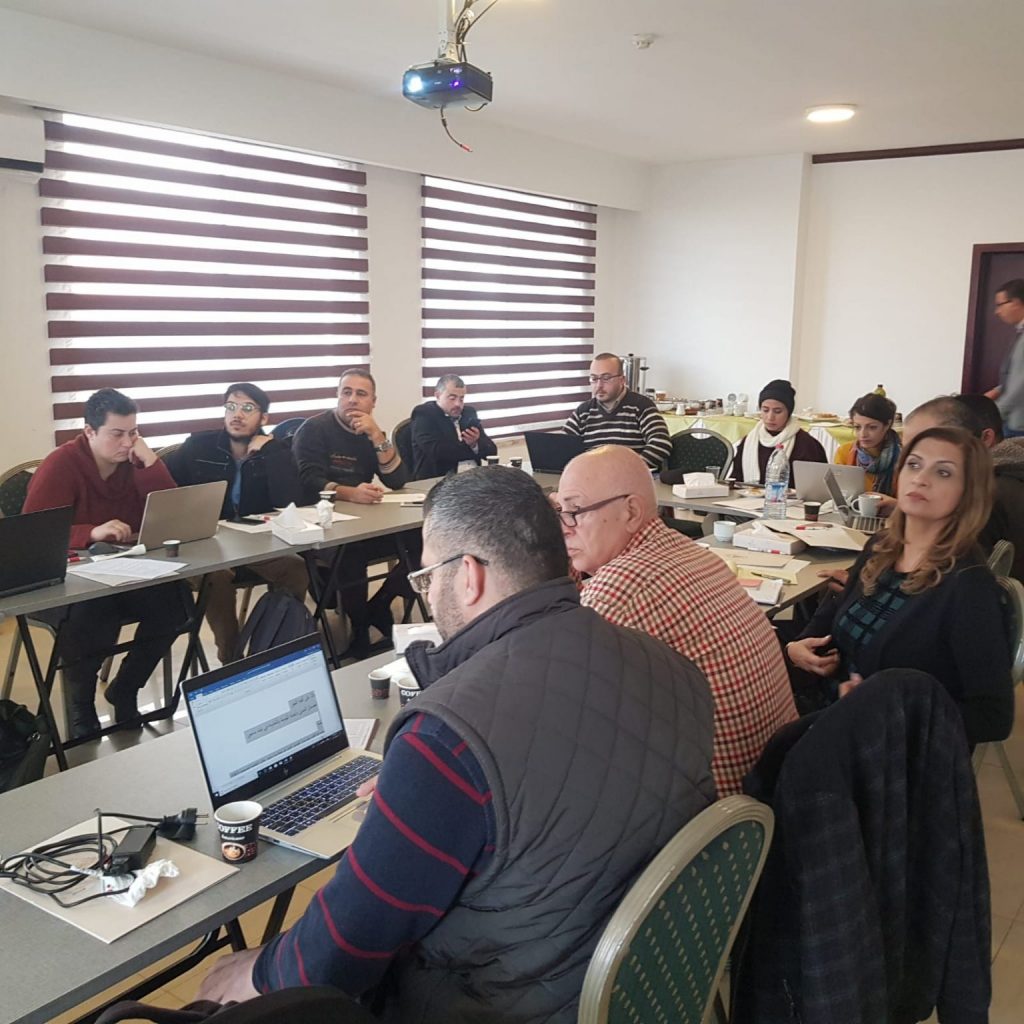
Prof. Rouhana also said that Mada is working in partnership with a section of the workshop participants and guest researchers to publish a book; this will contain new research contributions on different aspects of the study of Zionism and Israel. Students will contribute research that they have previously presented and discussed in the workshops under the supervision of participating academics. The book will be published by the year of this year, and will contain academic articles from a variety of disciplinary approaches, including history, social and political science, anthropology, gender studies and cultural studies. The articles will contain a variety of Palestinian perspectives on Zionism and the colonization of 1948 Palestine, and will also address questions on the effectiveness of the Palestinian national resistance.
The workshop series has clearly had a great effect on the thoughts and ideas of its participants, judging by feedback received. One student, Mai Hammash, commented that “the diverse geographic and academic backgrounds found in the workshop group greatly helped me expand my critical knowledge. I am now better acquainted with the methods and paradigms of Zionist colonization- in ideological terms, as well as in terms of direct violence. It shed light on a lot of ideas and practices for me.
Participant Amir Mershi added that “the workshop brought me together with intellectuals, researchers, and leaders in a single space. It was like being in house of knowledge for me. During the meetings we debated together, exchanged ideas and experiences, and I became acquainted with a range of critical tools and theories that all Palestinians should be acquainted with. This workshop introduces us to ourselves afresh, in order to both preserve and develop our identities as Palestinians working in the academic arena.”
Mada is always striving to further develop its work. Plans for the next series of workshops on Zionism and settler colonialism are already in the pipeline. This series will be entitled “Zionism and the Palestinian national movement: Memoirs of the colonizer and the colonized”. The series will focus on the implications of memoirs published by Zionist and Palestinian intellectual, political and military leaders, taking them as focal points where we can study the nature of the confrontation between colonizer and colonized.
The center will publish more details on the new lecture series in the coming weeks.





